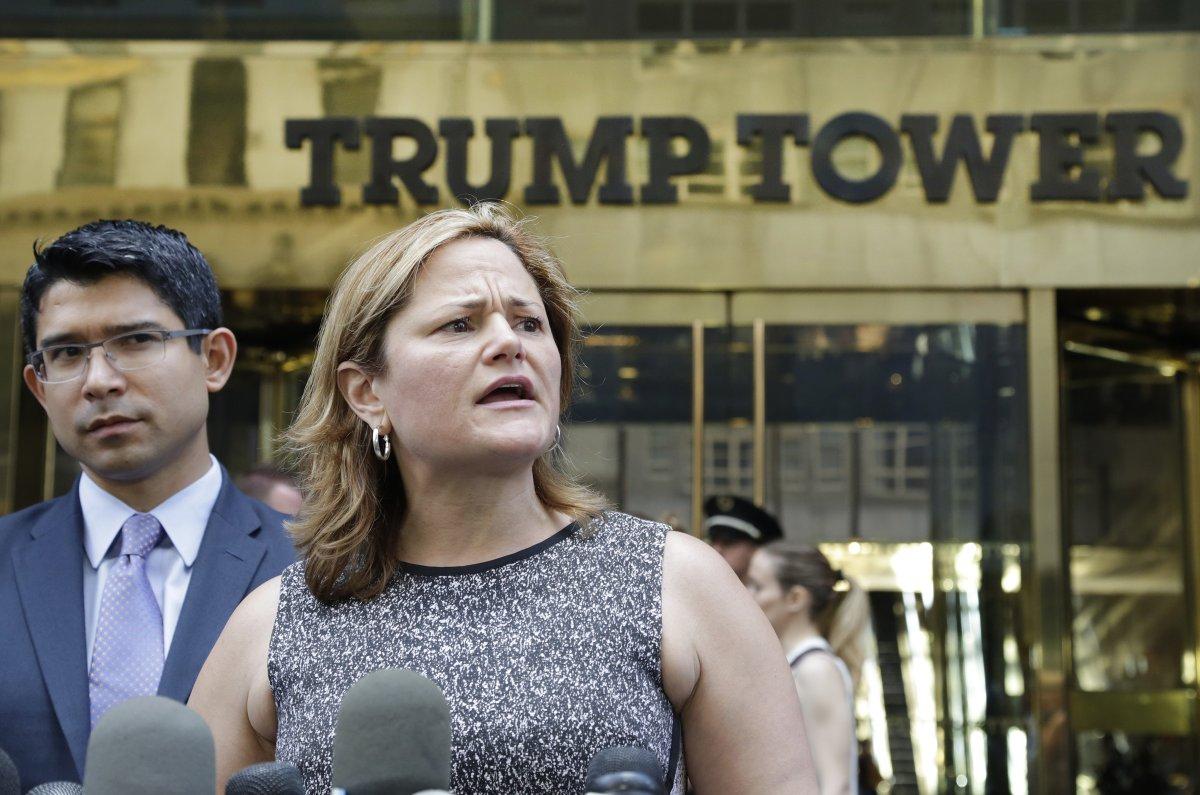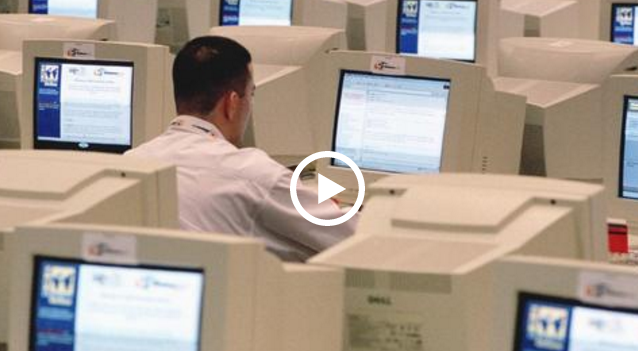By
If you’re looking to get into a management role, you might want to aim to boost your charisma … just not too much.
A new study of almost 600 business leaders found that people who had midrange levels of charisma were generally viewed as more effective by their bosses and co-workers, compared with people with very high or very low levels of charisma. By contrast, highly charismatic leaders were seen as weak on so-called operational behavior, or the ability to manage the tactical details of a project with discipline. Less-charismatic leaders, on the other hand, were seen as lacking vision.
“While conventional wisdom suggests that highly charismatic leaders might fail for interpersonal reasons, like arrogance and self-centeredness, our findings suggest that business-related behaviors, more than interpersonal behavior, drive leader effectiveness ratings,” Jasmine Vergauwe, a doctoral student at Ghent University in Belgium and one of the researchers on the study, said in a statement.
Vergauwe and her colleagues used a questionnaire called the Hogan Development Survey to assess charisma. The survey defines charisma as being bold, mischievous, colorful and imaginative. The researchers found that in a group of 204 leaders who took that survey, the charisma scores matched what their employees thought of them. In other words, the survey seemed to capture charisma correctly.
In the separate study of nearly 600 people in leadership roles, the researchers compared the charisma scores to opinions of the leaders’ perceived effectiveness from peers, subordinates and superiors who worked with them. They found that all three groups agreed that the sweet spot for effectiveness was at a medium level of charisma.
People in that middle range might be viewed as melding vision with practical ability, Vergauwe said.
The findings could have applications for organizations when they’re selecting applicants for leadership roles. Businesses might also want to coach their leaders in areas where they might be perceived as weak, the researchers said.
“Highly charismatic leaders would probably gain the most from a coaching program focused on addressing operational demands, such as attending to day-to-day operations and managing an orderly workflow,” study co-author Filip De Fruyt, also of Ghent University, said in the statement. “Low-charisma leaders, on the other hand, would benefit from training in more strategic behavior, such as spending more time and energy on long-term planning, taking a broader perspective on the business as a whole, questioning the status quo and creating a safe environment for trying new things.”
Original article on Live Science.











































